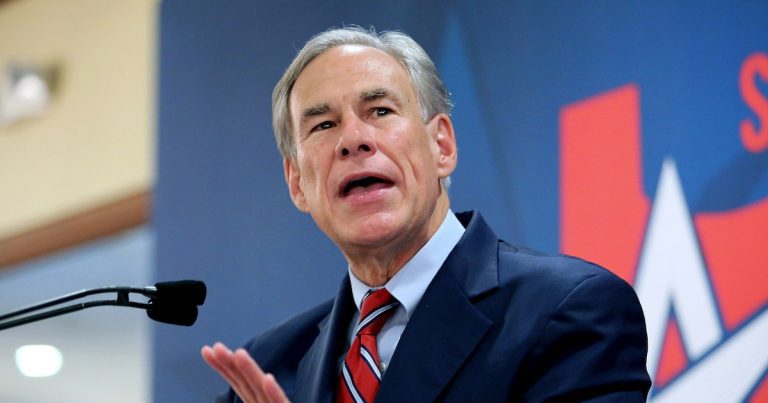Small businesses are the foundation of Texas’ economic success. That’s why we’re happy to see Governor Greg Abbott launch a new initiative to make our state even more friendly to them.
The governor announced the launch of the Small Business Freedom Council last week and called on state agency heads to identify areas where overly burdensome rules, fees and regulations could be pruned.
State agencies have until Jan. 13 to submit their reports, giving lawmakers time to carefully review the information and take action during the 89th Legislature.
Some regulations, like health and safety codes, aren’t expected to go anywhere. It’s important. But bureaucracies often bloat, and when they do, the impact is felt disproportionately by small businesses with limited resources.
To address this impact, state law requires agencies to consider the negative effects that new or revised regulations could have on Texas small businesses.
Consider this example from a 2023 research paper from the McNair Center for Entrepreneurship and Economic Growth and the Baker Institute for Public Policy at Rice University.
It details a case study of the Texas Alcoholic Beverage Commission’s regulatory process. The results suggest that the process “is not effective in practice”. Researchers identified several costs overlooked by the commission, such as the “hours of paperwork” required to compile and submit applications, reports or opinions.
This could be an area of focus for the Legislature and the Small Business Freedom Council. It is better to have a robust process to curb excessive regulation from the start than to reduce it after the economic damage has been done.
In January, Fort Worth restaurateur Regina Smith wrote about opening her own small business. At the time, to open a restaurant in Fort Worth, owners had to fill out 18 forms, work with nine agencies, complete eight in-person processes and pay 21 fees totaling $4,250. That’s 63 regulatory steps just to open the doors.
Part of that depends on city regulations, which may not be an area the Small Business Freedom Council considers. But the point remains; it is possible to find a better balance.
Some regulation is necessary to maintain high standards and keep residents safe. But aspiring small business owners shouldn’t need to earn an honorary degree in business regulation or spend thousands of dollars to hire an expert just to navigate the legal framework.
The Texas economy is the eighth-largest economy in the world, according to the governor’s office.
The state estimates that 99.8% of Texas’ 3.1 million businesses are small. Together, these companies employ 4.9 million people, or about 45% of the private sector workforce, according to the Texas Economic Development Corporation.
We already have a vibrant small business scene here in Texas, but that’s no reason it can’t improve.
We appreciate your thoughts in a letter to the editor. See guidelines and submit your letter here. If you have any problems with the form, you can submit it by email to letters@dallasnews.com


